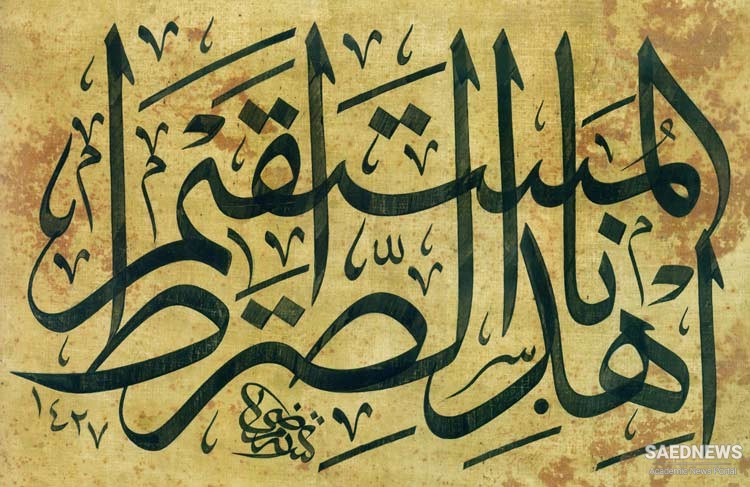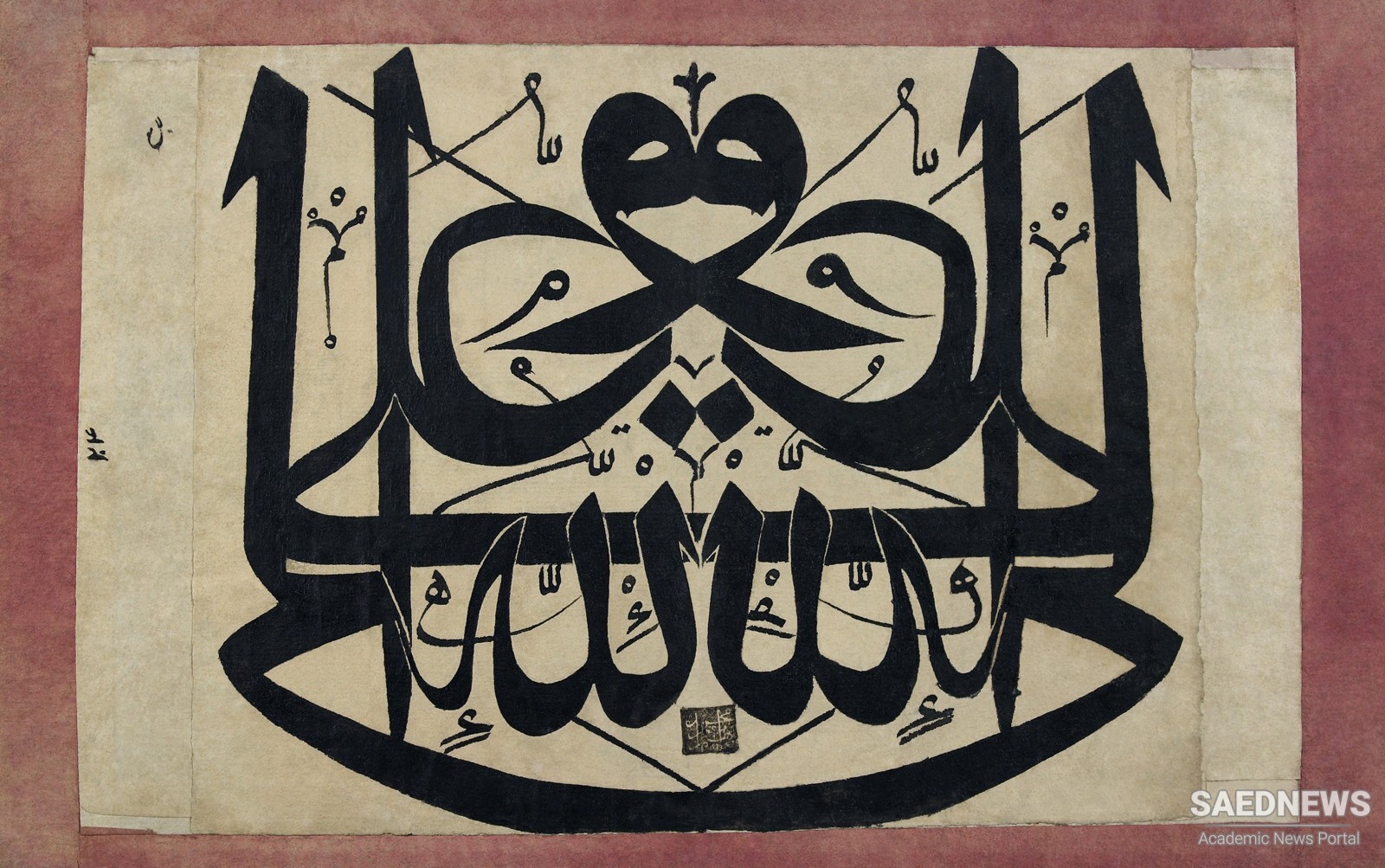Imam Khomeini, "Islamic Government: Guardianship of the Jurist", "The judicial and governmental functions assigned by the Imāms to the fuqahā of Islam are retained permanently. The Imām was certainly aware of all aspects of the matter, and there can be no possibility of carelessness on his part. He must have known that in all governments of the world the position and authority of individual officeholders is not affected by the death or departure of the head of state. If he had intended that the right to govern and judge should be withdrawn after his death from the fuqahā whom he had designated, he would have specified that to be the case, saying: “The fuqahā are to exercise these functions as long as I live.” According to this tradition, then, the ‘ulamā of Islam have been appointed by the Imām to the positions of ruler and judge, and these positions belong to them in perpetuity. The possibility that the next Imām would have annulled this decree and dismissed the fuqahā from these twin functions is extremely small. For the Imām forbade the Muslims to have recourse to kings and their appointed judges for obtaining their rights, and designated recourse to them as equivalent to recourse to the tāghūt; then, referring to the verse that ordains disbelief in tāghūt, he appointed legitimate judges and rulers for the people. If his successor as Imām were not to have assigned the same functions to the fuqahā or to the new ones, what should the Muslims have done, and how would they have resolved their differences and disputes? Should they have had recourse to sinners and oppressors, which would have been equivalent to recourse to the tāghūt and thus a violation of divine command? Or should they have had recourse to no one at all, depriving themselves of all authority and refuge, which would have allowed anarchy to take over, with people freely usurping each other’s property, transgressing against each other’s rights, and being completely unrestrained in all they did?"



 Guardianship of the Jurist: Dictatorship or a Pioneering Divinely Informed Democracy
Guardianship of the Jurist: Dictatorship or a Pioneering Divinely Informed Democracy














































